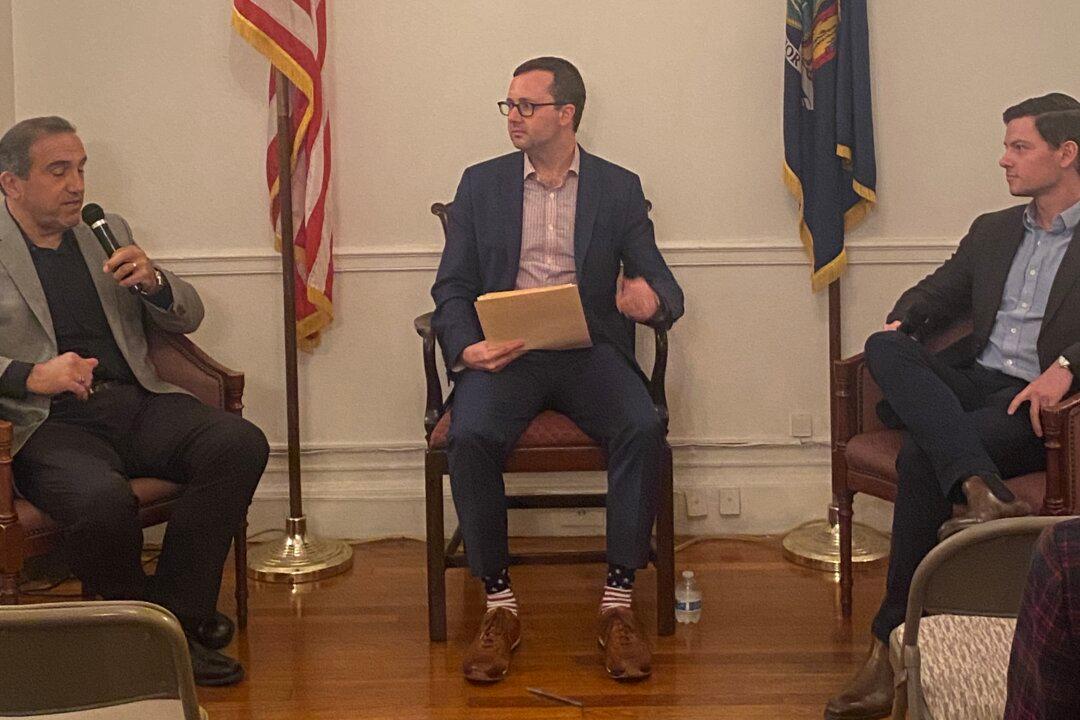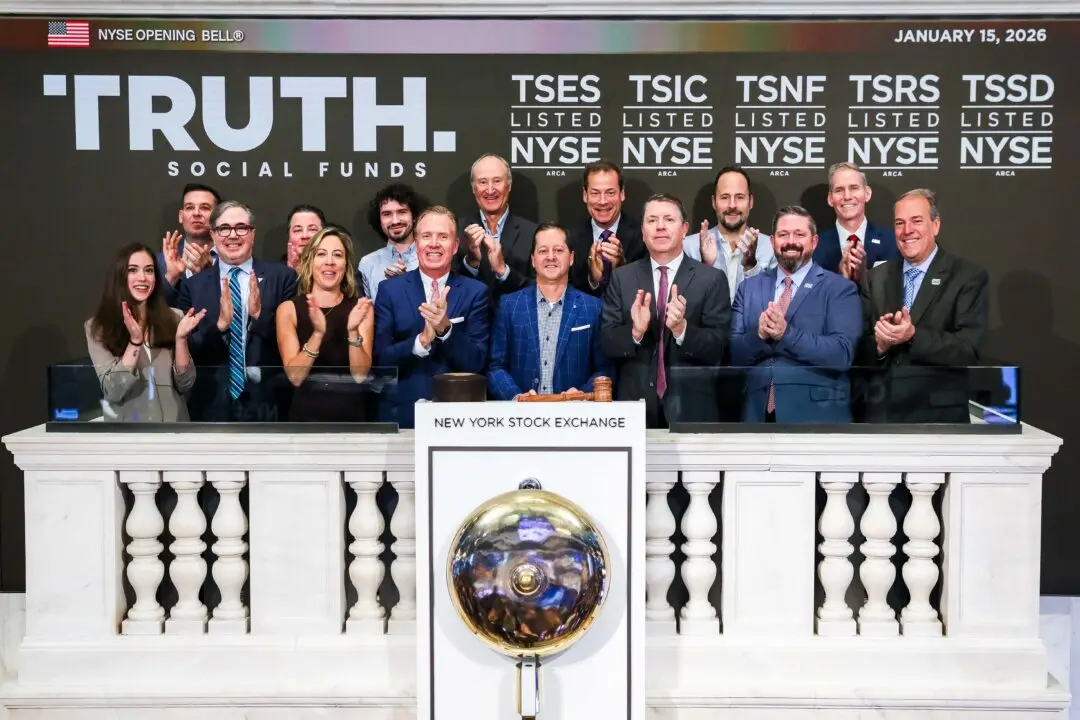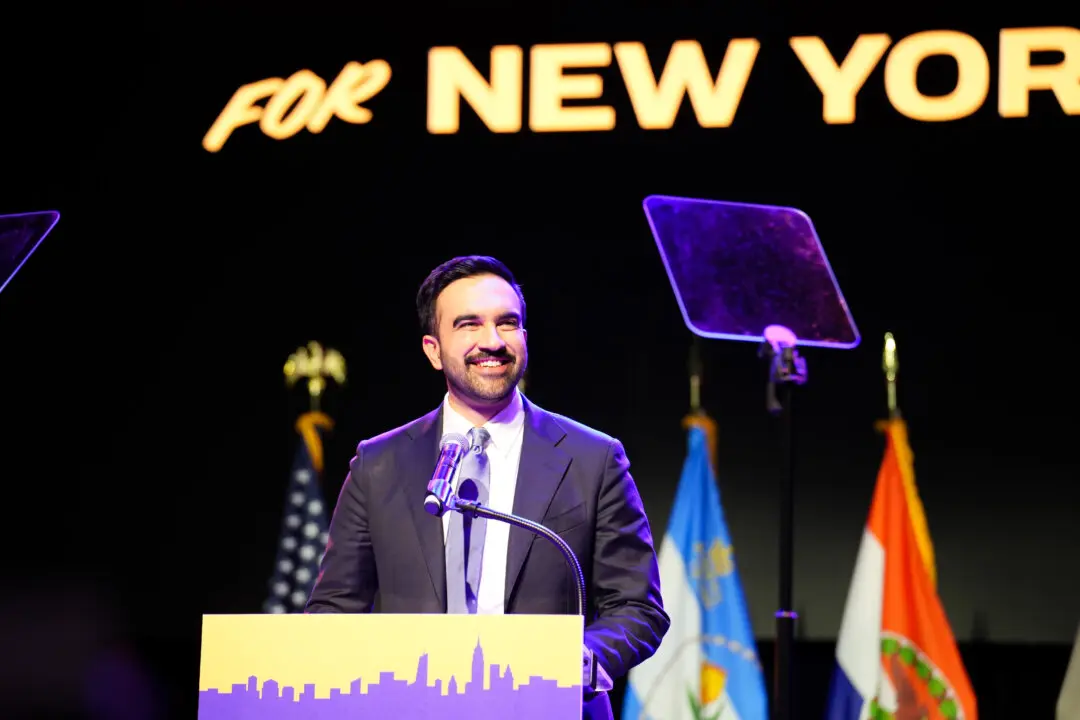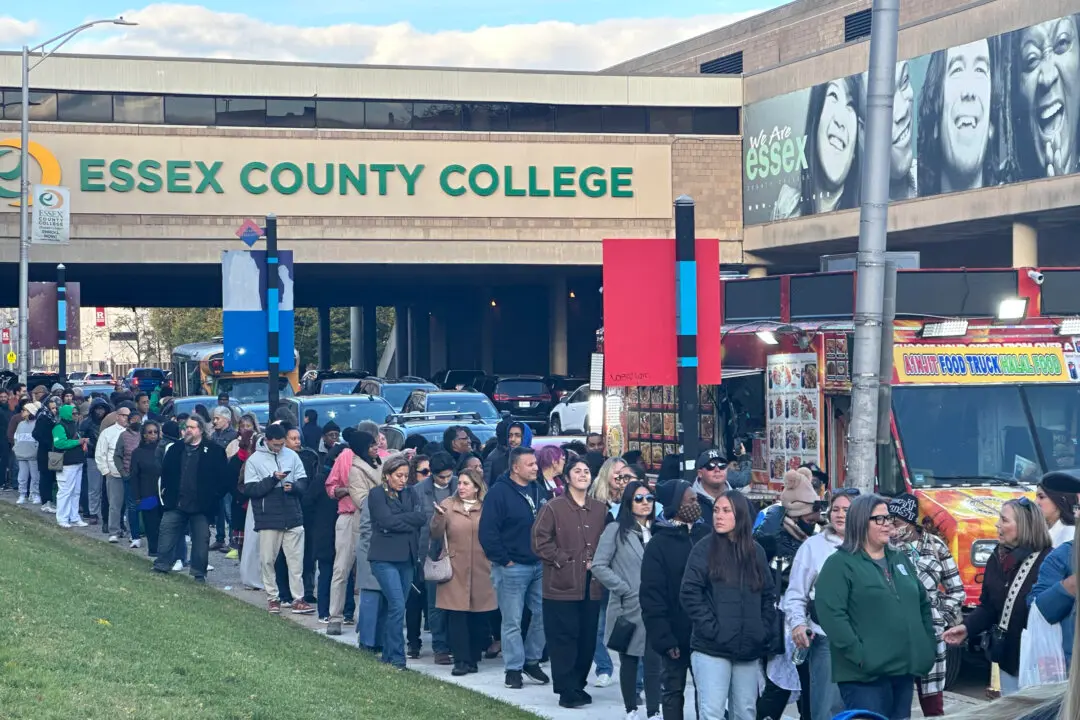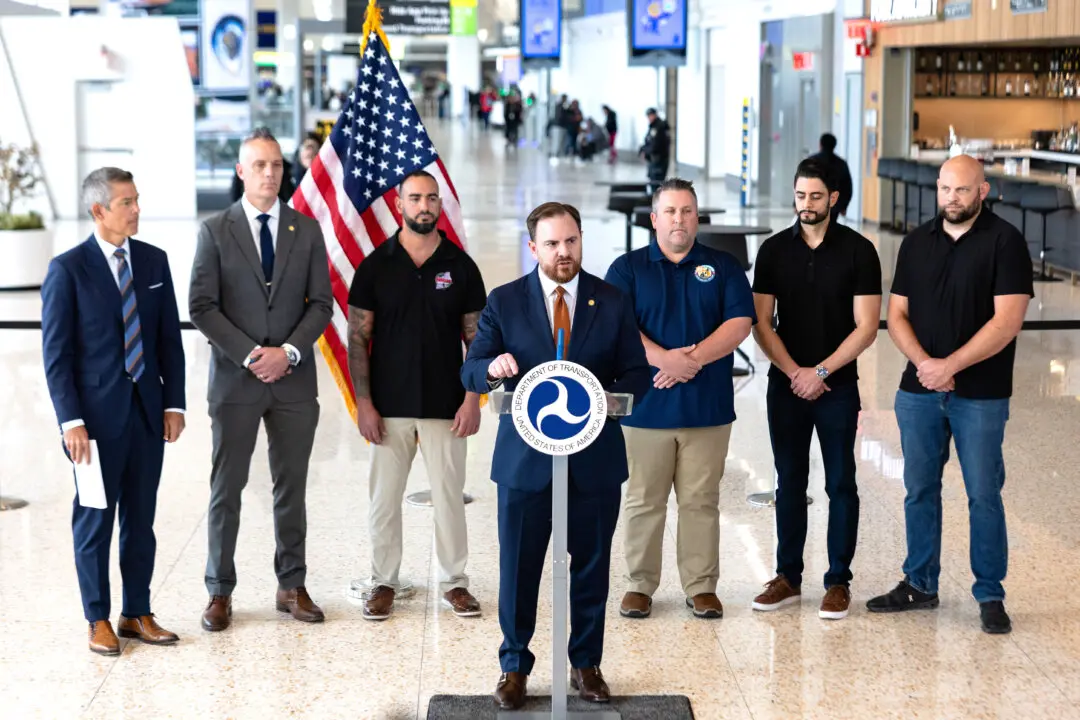Republicans are divided when it comes to climate change, but the issue is likely to be brought into unified focus after the mid-term elections, according to Metropolitan Republican Club (Met Club) panelists.
“If Republicans take both Houses of Congress, that will throw a wrench in Biden’s climate agenda and the question will become, ‘What will the climate action items be that the 73-person strong Conservative Climate Caucus will come to the table with,’” asked Met Club Treasurer John H. Sweeney.
